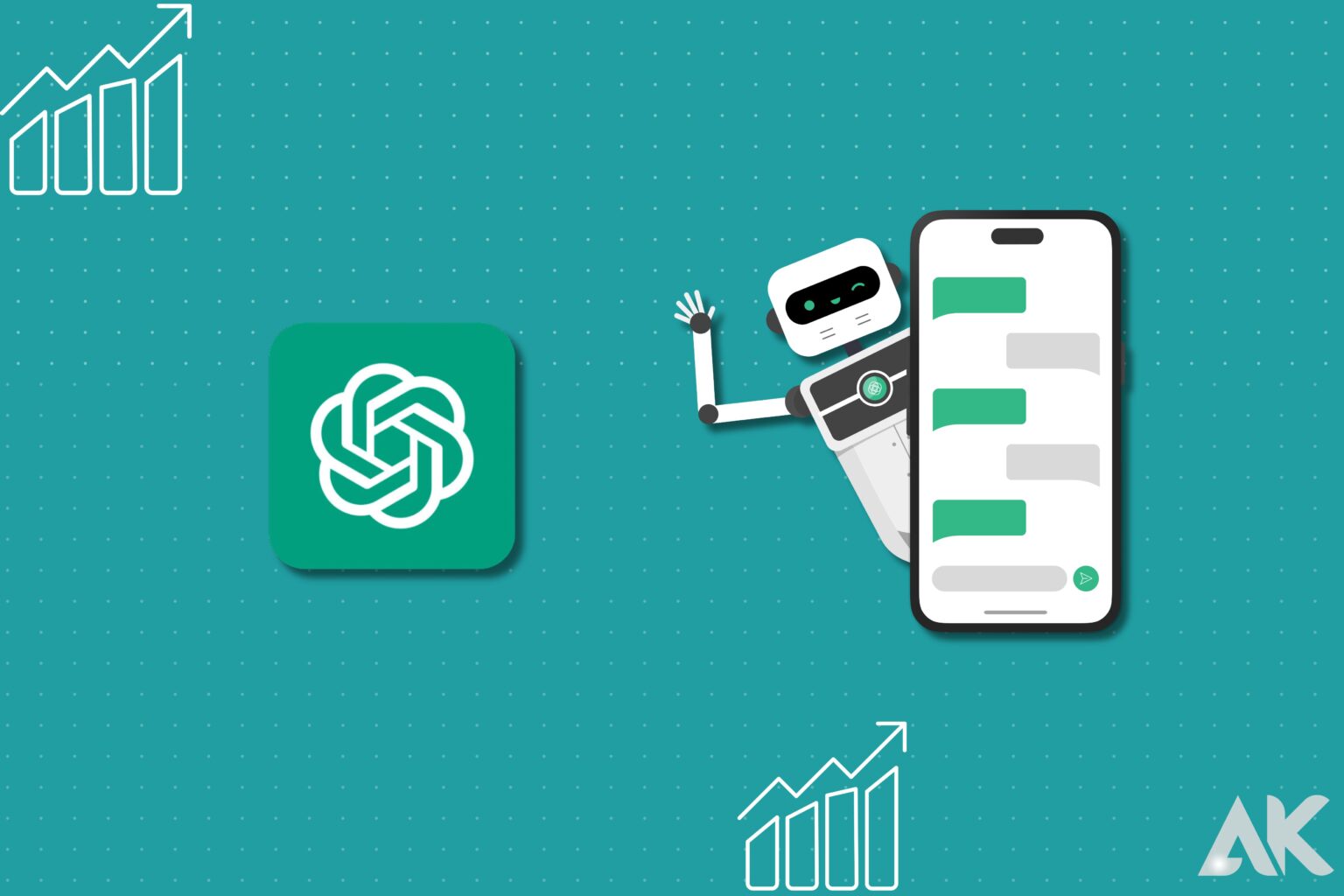It’s sweeping the world and the internet by storm. Its name has been mentioned numerous times. You’ve probably read several LinkedIn postings about how everyone utilizes it for advertising, marketing, and coding. You may have even used it to create an odd, humorous song about a coworker. But you’re still not convinced that using artificial intelligence can help the sales process. In today’s fast-paced environment, people want customized and speedy business encounters. This is where ChatGPT comes in, a strong tool that may assist you in connecting with your consumers in a more engaging and effective manner. You may increase your sales and client pleasure by utilizing the capabilities of an AI-powered chatbot.
1. ChatGPT for Sales Outreach

By engaging potential clients in personalized and fascinating conversations, ChatGPT can help with sales outreach. It can create personalized email templates or social media messaging to draw attention to your product or service.
But wait! There’s more! ChatGPT can also modify outreach messages to numerous languages and cultural subtleties, allowing sales organizations to reach out to new markets throughout the world.
2. Upselling & Cross-Selling
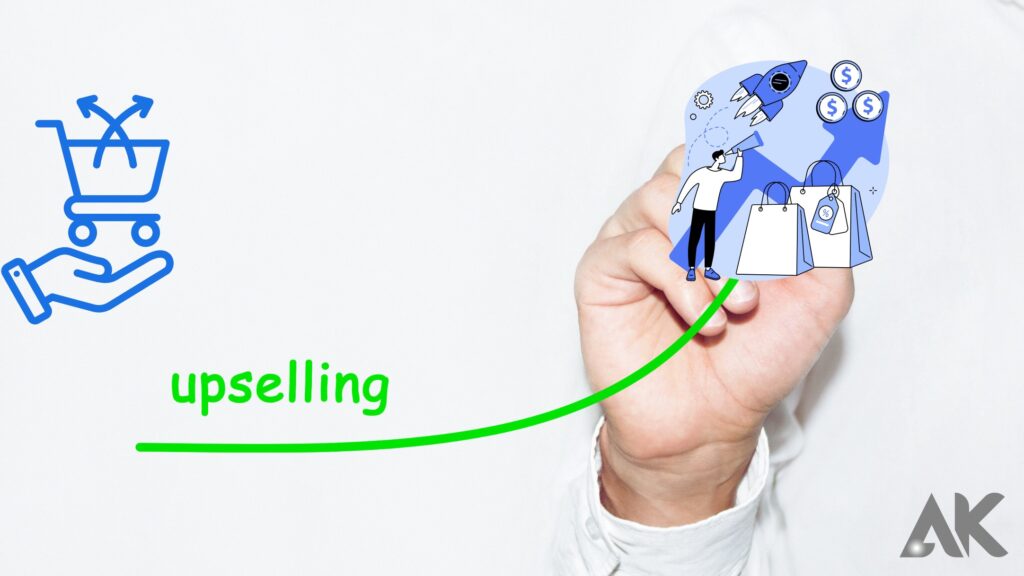
ChatGPT can be a great asset in upselling and cross-selling attempts due to its understanding of consumer preferences and purchasing history. It can analyze client data to identify complementary products or upgrades that meet their requirements, as well as emphasize the extra value and benefits of these solutions.
3. Objection Handling
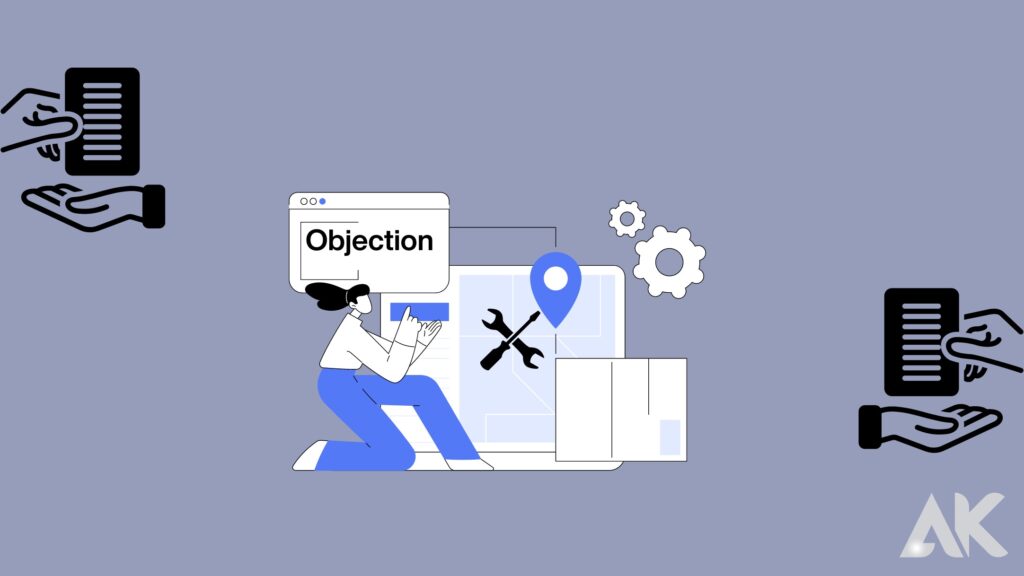
The handling of objections is a crucial step in the sales process, and ChatGPT can be instructed on a number of objection scenarios and the responses that should be used in response. When potential consumers voice an objection, ChatGPT can swiftly analyze the objection, grasp the underlying worry, and offer compelling and empathic solutions.
4. Automates Repetitive Tasks
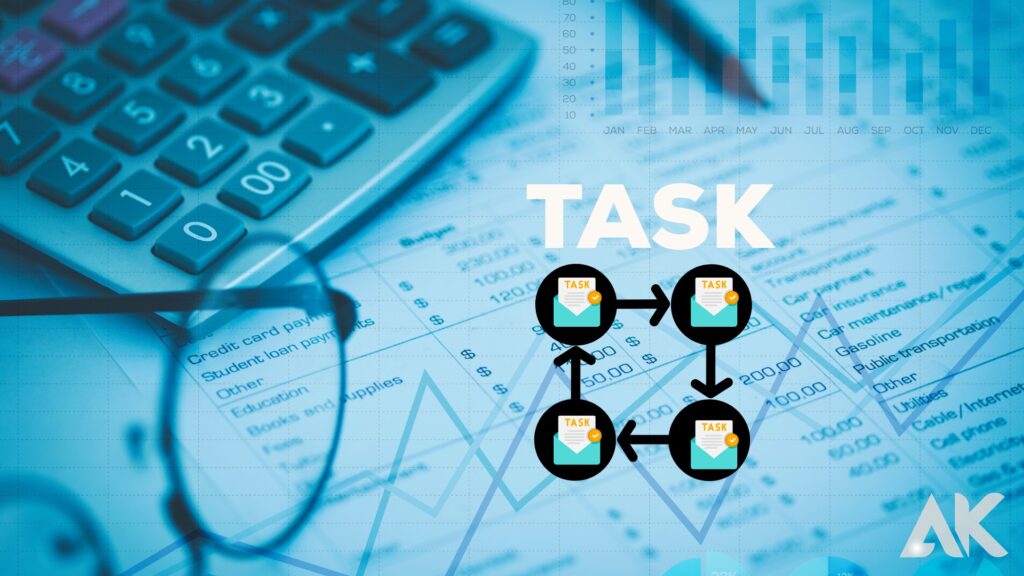
Having to execute repetitive activities is one of the most major obstacles that sales personnel encounter. For example, frequently asked inquiries, appointment scheduling, and order processing.
So much so that research suggests that sales representatives only spend roughly a quarter of their time selling to consumers.
You may keep salespeople focused on selling by automating repetitive chores. These duties can be time-consuming and take away from more important operations like creating customer connections and closing deals.
As a result, ChatGPT is useful for automating these regular operations, freeing up salespeople’s time and allowing them to focus on high-value activities, resulting in greater efficiency and productivity within the company.
Other routine sales duties and processes that ChatGPT can assist with (but are not limited to):
Lead qualification: When coupled with a chatbot, ChatGPT can help identify and qualify leads by posing predetermined questions and obtaining pertinent data.
Low-level customer interactions can be handled by ChatGPT, which frees up sales staff’s time to work on more difficult tasks. Train ChatGPT to respond to frequently asked queries so you can use chat to instantly address client inquiries.
Data entry: By accurately capturing and entering customer information into CRM systems, ChatGPT helps to cut down on human error in data entry.
Email outreach and response: ChatGPT can automate the sales team’s response to frequent client emails, freeing up their time for more individualized interactions.
Follow-Up Interactions: ChatGPT may schedule reminders and send follow-up emails, among other follow-up chores. To keep your sales funnel going, teach ChatGPT to follow up with prospects automatically based on predetermined triggers.
5. Personalise Customer Interactions

ChatGPT can produce individualized solutions to consumer questions thanks to its extensive data use and ability to interpret natural language. It eventually improves client satisfaction by humanizing conversations. ChatGPT makes this possible via
Context-Aware Responses: ChatGPT can produce more individualized and pertinent responses by using client data and previous interactions.
Data-driven insights: ChatGPT can analyze client data and give salespeople insights that might help them develop more specialized and individualized sales strategies.
Enabling Real-Time Interactions: ChatGPT can respond to client questions in real time and assist salespeople in promptly resolving customer issues, improving the overall customer experience.
6. Prompting ideas

You might be working on a presentation right now and are just at a loss for words. What are the actual advantages that clients will experience? Ask ChatGPT a question, and it will give you some fresh suggestions.
It might suggest new opportunities for investigation and questions you might want to pose.
7. Reaching New Clients
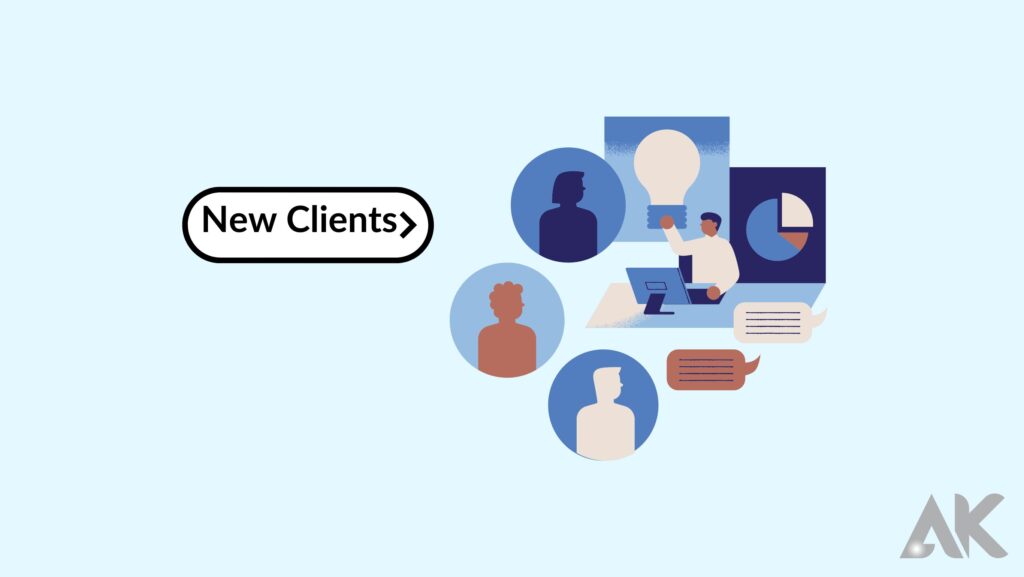
B2B and B2Bot platforms, such as Facebook Messenger and WeChat, are well-known messaging apps since they are continually using them to connect with new clients who might not need to contact the business by phone or email.
The feedback from the poll has grown over the past year, and using a chatbot to attract new customers is the best strategy.
Conclusion
ChatGPT is a powerful tool that can help businesses connect with their customers in a more engaging and effective manner. It offers various benefits, including sales outreach, upselling and cross-selling, objection handling, automation of repetitive tasks, personalizing customer interactions, prompting ideas, and reaching new clients. By engaging potential clients in personalized conversations, ChatGPT can create personalized email templates and social media messaging, reaching new markets worldwide. It also allows for customization to various languages and cultural subtleties, allowing sales organizations to reach out to new markets.
ChatGPT can also handle objections, automating repetitive tasks, and providing context-aware responses, data-driven insights, and real-time interactions. It also prompts ideas and offers new opportunities for investigation and questions to pose. By leveraging ChatGPT, businesses can increase their sales and client satisfaction, ultimately leading to better customer experiences and increased efficiency.

